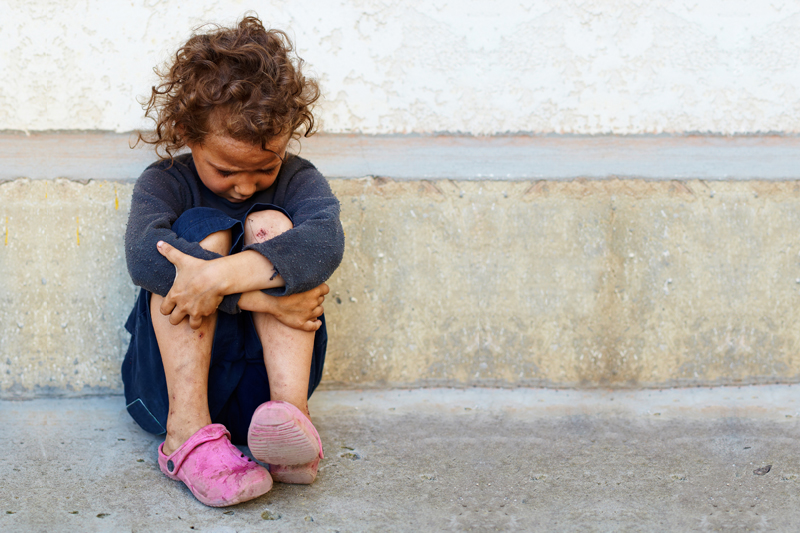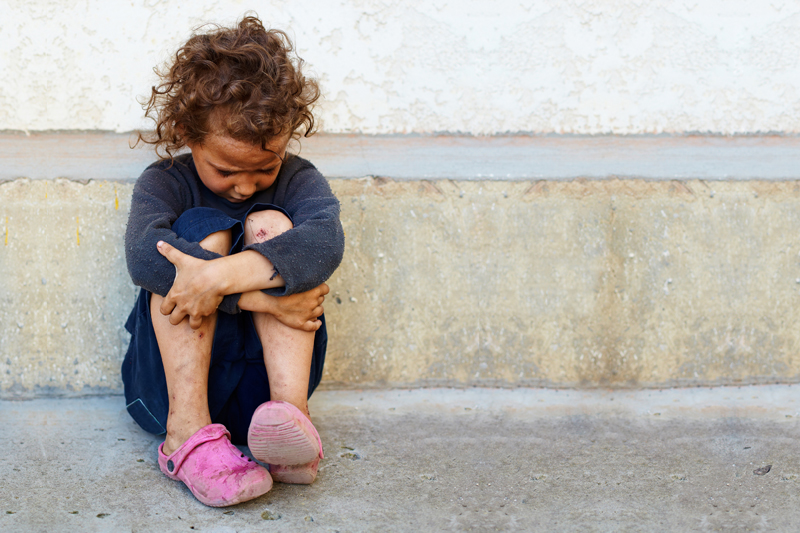Who is Your Child Talking to Online Friends

As a parent, we like to know who our children’s friends are at school, after school, in the neighborhood, at their job, and at the mall. Often we reveal information that is personal, unintentionally.
We want to believe the person we are chatting with is representing himself or herself truthfully. In reality, there is no sure way to corroborate who is on the other end of the internet with out meeting them personally. Children are choosing to meet internet friends more often and secretively and are being sexually assaulted or worse. One young woman tricked her parent into getting her a passport and she traveled to another country to meet a man she met on myspace.com.
Teenagers are using the internet, and myspace as social structures like local ice-cream parlors or the local shopping malls in years past. The age limit to start a myspace account when it began in 2003 was 18 years or older, today it has dropped to 14. At myspace.com, each person has the ability to personalize their profile, expressing their own interests, hobbies, including the music they listen to or a band in which they play. They can include personal photos of self, family, or friends. The friend network allows people to link profiles, and then people travel the network through each other’s profiles.
The personal information teenagers provide in their profiles is frightening. Children need to know little information is necessary in discovering where one lives, works, or goes to school. Test this theory yourself. Use google.com, type your full name, and see what you get. If you have a common name, Bill Smith, then you are anonymous on the web. If your name is more unusual like Bianca Noel Piper (a missing child), it tells a different story. Try typing in a home phone number, your neighbor’s name, or another family member. Are you surprised at what information you found out?
Children give out too much information. Sometimes it is intentional and other times they believe they are being careful, and not putting themselves at risk. A young woman, whose profile list her name as Antoinette, says she lives in a small town in Missouri, is a junior, and the captain of her high school cheerleading squad. She thinks she is being safe because she gave no last name, no town, and no school name. While Antoinette is chatting in IM (Instant Messaging) with someone, she believes is a boy who is 17 in another state, who is a local pedophile hunting his next victim online. He mentions he is on the high school football team. Antoinette excitedly announces to him, her high school football team just last night won the Missouri state championship for the 2nd year in a row. Unfortunately, she just told the pedophile enough information to search out her high school on the internet. She still feels she was being safe since she did not mention the name of her school.
As parents, we need to educate children at an early age what is and what is not ok to do or say on the internet. Parents would never send their child out into the world with out providing them with safety guidelines on what to do in certain circumstances. Why is the World Wide Web any different? We are allowing total strangers into our child’s bedroom, and into the sanctity of our home.
Would you let a 48-year-old man who walks up to your front door, and knocks, enter your daughter’s bedroom without knowing who he is or why he was there to see her? Of course not, yet, how many of us allow 48-year-old men go right into our daughter’s bedroom every night without ever knowing it? Perhaps she does not realize TommyBoy14 is not a 15-year-old boy who plays on the high school football team. Instead, he is a 51-year-old pedophile that is luring her into a real life meeting soon with the thought of sexually assaulting her on his mind.
Do you know your child’s online friends?
Do you know where your child is surfing online? If not maybe, it is time to sit down and talk to your child about what information he or she is providing in their profiles and in chats or instant messaging online. Teach them that not everyone is who they say they are online and that often there are sheep in wolves clothing and to NEVER meet or call anyone from the internet without checking with their parent first.
We want to believe the person we are chatting with is representing himself or herself truthfully. In reality, there is no sure way to corroborate who is on the other end of the internet with out meeting them personally. Children are choosing to meet internet friends more often and secretively and are being sexually assaulted or worse. One young woman tricked her parent into getting her a passport and she traveled to another country to meet a man she met on myspace.com.
Teenagers are using the internet, and myspace as social structures like local ice-cream parlors or the local shopping malls in years past. The age limit to start a myspace account when it began in 2003 was 18 years or older, today it has dropped to 14. At myspace.com, each person has the ability to personalize their profile, expressing their own interests, hobbies, including the music they listen to or a band in which they play. They can include personal photos of self, family, or friends. The friend network allows people to link profiles, and then people travel the network through each other’s profiles.
The personal information teenagers provide in their profiles is frightening. Children need to know little information is necessary in discovering where one lives, works, or goes to school. Test this theory yourself. Use google.com, type your full name, and see what you get. If you have a common name, Bill Smith, then you are anonymous on the web. If your name is more unusual like Bianca Noel Piper (a missing child), it tells a different story. Try typing in a home phone number, your neighbor’s name, or another family member. Are you surprised at what information you found out?
Children give out too much information. Sometimes it is intentional and other times they believe they are being careful, and not putting themselves at risk. A young woman, whose profile list her name as Antoinette, says she lives in a small town in Missouri, is a junior, and the captain of her high school cheerleading squad. She thinks she is being safe because she gave no last name, no town, and no school name. While Antoinette is chatting in IM (Instant Messaging) with someone, she believes is a boy who is 17 in another state, who is a local pedophile hunting his next victim online. He mentions he is on the high school football team. Antoinette excitedly announces to him, her high school football team just last night won the Missouri state championship for the 2nd year in a row. Unfortunately, she just told the pedophile enough information to search out her high school on the internet. She still feels she was being safe since she did not mention the name of her school.
As parents, we need to educate children at an early age what is and what is not ok to do or say on the internet. Parents would never send their child out into the world with out providing them with safety guidelines on what to do in certain circumstances. Why is the World Wide Web any different? We are allowing total strangers into our child’s bedroom, and into the sanctity of our home.
Would you let a 48-year-old man who walks up to your front door, and knocks, enter your daughter’s bedroom without knowing who he is or why he was there to see her? Of course not, yet, how many of us allow 48-year-old men go right into our daughter’s bedroom every night without ever knowing it? Perhaps she does not realize TommyBoy14 is not a 15-year-old boy who plays on the high school football team. Instead, he is a 51-year-old pedophile that is luring her into a real life meeting soon with the thought of sexually assaulting her on his mind.
Do you know your child’s online friends?
Do you know where your child is surfing online? If not maybe, it is time to sit down and talk to your child about what information he or she is providing in their profiles and in chats or instant messaging online. Teach them that not everyone is who they say they are online and that often there are sheep in wolves clothing and to NEVER meet or call anyone from the internet without checking with their parent first.

Related Articles
Editor's Picks Articles
Top Ten Articles
Previous Features
Site Map
Content copyright © 2023 by Erika Lyn Smith. All rights reserved.
This content was written by Erika Lyn Smith. If you wish to use this content in any manner, you need written permission. Contact Erika Lyn Smith for details.



